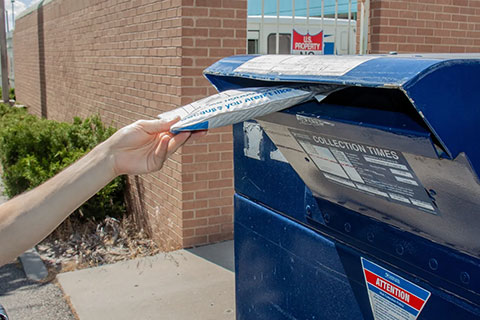The Pentera Blog
Women Are More Likely to Use Philanthropic Networks
Research shows that women are more likely than men to use philanthropic networks when making charitable decisions, and they give more when they do. Thus it behooves planned gift officers to connect women prospects with women donors who are already in philanthropic networks—and some nonprofits are forming their own women's councils in order to do so.
Several studies looking at the dramatic increase in formal philanthropic networks in the past decade have found that many more women than men participate in groups where donors share information—sometimes pooling their resources and deciding together how to allocate funds. The 2011 Study of High Net Worth Women's Philanthropy conducted by the Indiana University Lilly Family School of Philanthropy found that high-net-worth women who are in a philanthropic network are more likely to "give back to the community" than women who are not in a network. (Pentera President & CEO Claudine A. Donikian serves on the advisory council of the Women's Philanthropy Institute that conducts the school's research on women in philanthropy.)
Some nonprofits, particularly universities, have formed their own women's philanthropy councils to gather together female donors and prospective donors who work together in support of that particular charity. Nonprofits supported by the United Way can refer prospective donors to the local United Way leadership council. It can also be effective to connect prospective donors 1-on-1 with women who have already given to your organization.
The evidence for the astonishing success of women's philanthropic networks is unequivocal:
- United Way Leadership Councils now include more than 55,000 women in 143 communities and have raised more than $1 billion.
- The Women Donors Network is made up of women who create "donor circles" to address specific issues and each give at least $25,000 a year—totaling almost $200 million annually.
- The Women's Funding Network, begun in 1985 as a pioneer of the movement, includes more than 160 organizations that give in total more than $65 million annually and have assets of more than half a billion dollars.
- Women Moving Millions includes 196 donors who each have pledged at least $1 million—totaling more than $288 million.
- The Women's Collective Giving Grantmakers Network is made up of 38 groups with 8,000 members who have awarded more than $57 million.
- The Tiffany Circle of the American Red Cross, made up of women who give at least $10,000 each, raised more than $33 million in its first five years.
https://ns2.pentera.com/whitepapers/women-in-philanthropy


